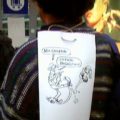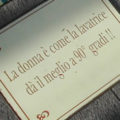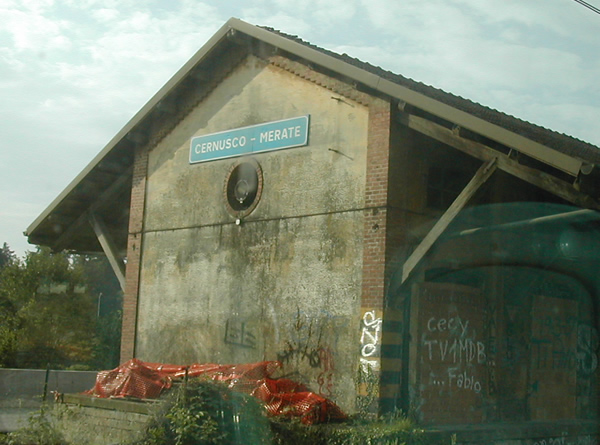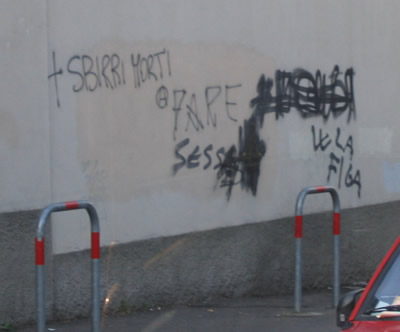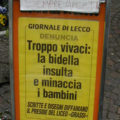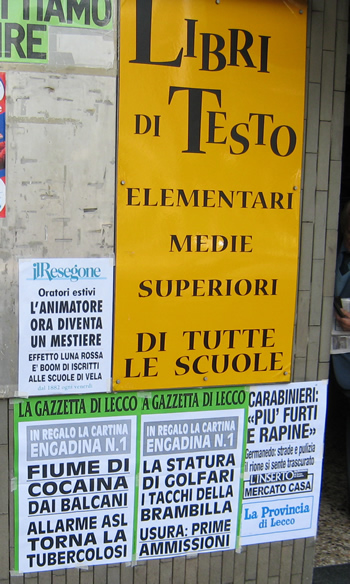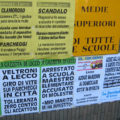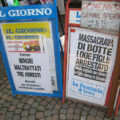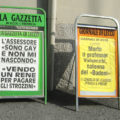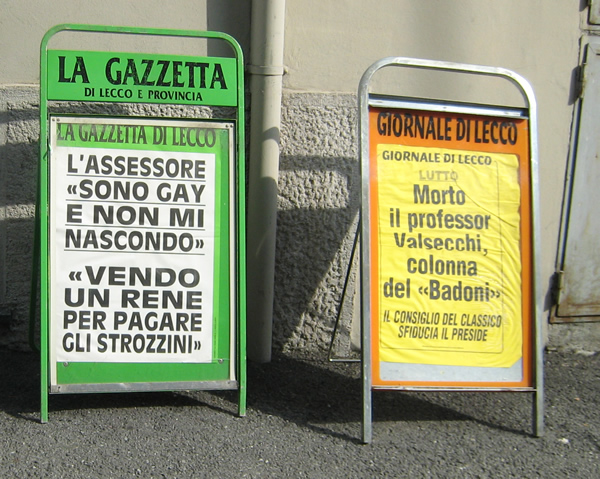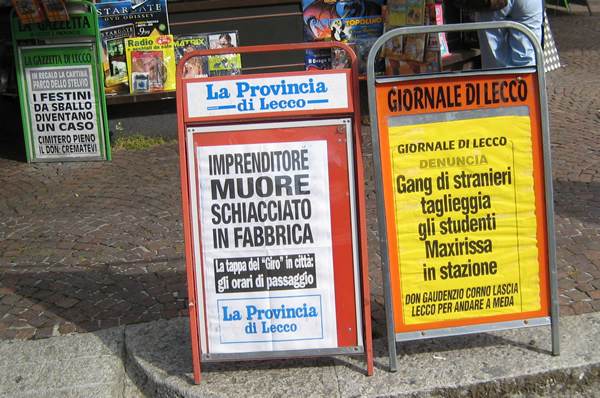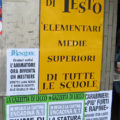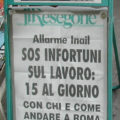In Italian, as in any language, there are many popular sayings and metaphors using animals, based on human perceptions of those animals’ lives and habits.
Cats
It seems that, in Italian culture, the distinguishing feature of cats is their greed for food.
Non c’e’ trippa per gatti
“There’s no tripe for cats.”
This is used when there’s absolutely no hope that you’ll get what you want. I suppose tripe is considered something that cats would like, but humans (at least some Italians) also like it, and are not about to share it with mere felines. At the European football championships in Athens (spring 2007), a group of Italian Milan fans unfurled a banner saying (in English) “There’s no tripe for cats,” meaning that there was no hope for the other team to win, though probably only the Italians understood it that way.
Tanto va la gatta al lardo che ci lascia lo zampino
“The [female] cat goes so often to the lard that [sooner or later] she will leave her little paw [print] in it.”
In other words, the cat is so irresistibly attracted to the lard (to eat it), that sooner or later you will know exactly whom to blame: a habitual malefactor will eventually be caught. This reflects the fact that many criminals don’t seem to have much imagination, but keep exploiting the same formula over and over again, which makes it easier for the good guys to catch them.
Dogs
Dogs are known for not having easy lives. Which is certainly true in Italy – urban dogs become neurotic cooped up in tiny apartments, and when out for their walks are the targets of hatred from non-dog-owners, who know that most Italian dog owners will not clean up after their pets, rendering city streets disgusting and parks hazardous for children to play in.
Every year thousands of dogs (and cats) are abandoned on the roadsides by families who are going away for the usual long vacation and can’t think of anything better to do with them. At this time of year the newspapers are full of pious “moral campaigns” pointing out that this is hazardous to humans as well as cruel to the animals: lost dogs wandering onto highways cause traffic accidents.
It’s not surprising that in Italian, as in English, people refer to…
Una Vita da Cani
“A dogs’ life.”
Dirlo ai Cani e Porci
“Tell it to dogs and pigs.”
To broadcast something, probably someone’s personal news, to every possible listener, no matter how unlikely to be interested.
Birds
Conosco i miei polli – “I know my [own] chickens”. Used when you know someone so well that you can predict how they will behave in a given situation. My own speculations on the origin of this phrase.
I know I’m missing more animal idioms – feel free to add!


